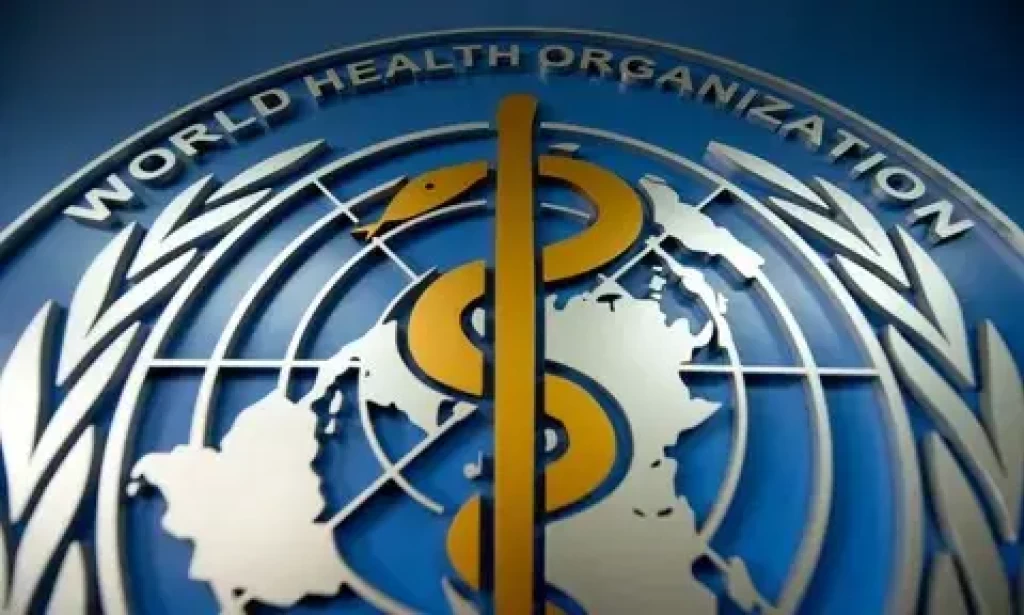In a concerning revelation, the World Health Organization (WHO) projects a staggering 77% increase in new cancer cases by 2050, with over 35 million expected, compared to the estimated 20 million cases in 2022.
Released ahead of World Cancer Day on February 4, a report by the International Agency for Research on Cancer (IARC), WHO's cancer agency, sheds light on the global cancer burden in 115 countries. Alarmingly, the report highlights that the majority of nations neglect to adequately fund essential cancer and palliative care services as part of universal health coverage (UHC).
The study unveils that merely 39% of surveyed countries included basic cancer management in their health benefits packages, and only 28% covered palliative medicine services, focusing on symptom burden and management for those with serious illnesses.
Striking findings emerge when measuring cancer disparity by the Human Development Index (HDI). High HDI countries are projected to witness the most substantial increase in incidence, with an extra 4.8 million new cases estimated in 2050 compared to 2022 estimates.
While cancer mortality is expected to rise, low-HDI countries anticipate a 142% proportional increase in incidence, and medium-HDI countries foresee a 99% increase. These projections raise concerns as cancer mortality is projected to almost double in these countries by 2050.
Global estimates expose significant inequities in the cancer burden based on human development. Women in very high HDI countries face a 1 in 12 chance of being diagnosed with breast cancer in their lifetime, with 1 in 71 dying from it. In contrast, low-HDI countries show a stark difference, where one in 27 women is diagnosed, but one in 48 will succumb to the disease.
Dr. Isabelle Soerjomataram, Deputy Head of the Cancer Surveillance Branch at IARC, highlights the disparity, stating, "Women in lower HDI countries are 50 percent less likely to be diagnosed with breast cancer than women in high HDI countries, yet they are at a much higher risk of dying due to late diagnosis and inadequate access to quality treatment."
Dr. Bente Mikkelsen, Director of the Department of Noncommunicable Diseases at WHO, emphasizes the need for urgent investment to address global inequities in cancer outcomes. WHO is actively collaborating with over 75 governments to develop and implement policies for comprehensive cancer care.
The report attributes the rapidly growing global cancer burden to population aging, growth, and changes in exposure to risk factors linked to socioeconomic development. Key factors contributing to the surge in cancer incidence include tobacco, alcohol, obesity, and air pollution, which remains a significant environmental risk factor.
Dr. Freddie Bray, Head of the Cancer Surveillance Branch at IARC, stresses the uneven impact across countries of different HDI levels, emphasizing the disparities not only between high and low-income regions but also within countries.
Dr. Cary Adams, Head of the Union for International Cancer Control (UICC), underscores the importance of prioritizing cancer care globally, asserting that access to affordable, quality services should not be determined by geographic location but by political will. The report serves as a call to action, urging governments and policymakers to address these disparities and prioritize the fight against the escalating global cancer burden

You must be logged in to post a comment.